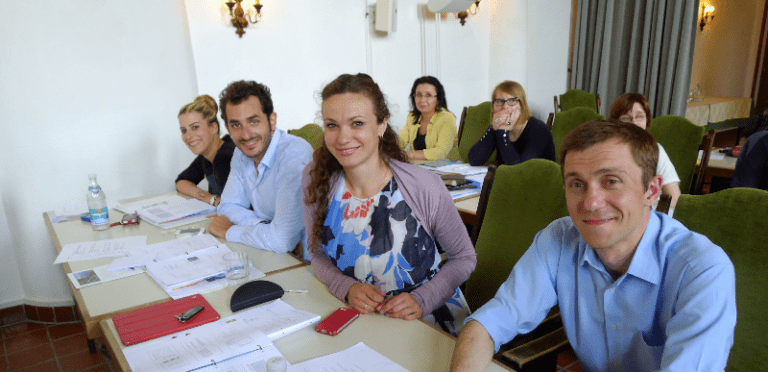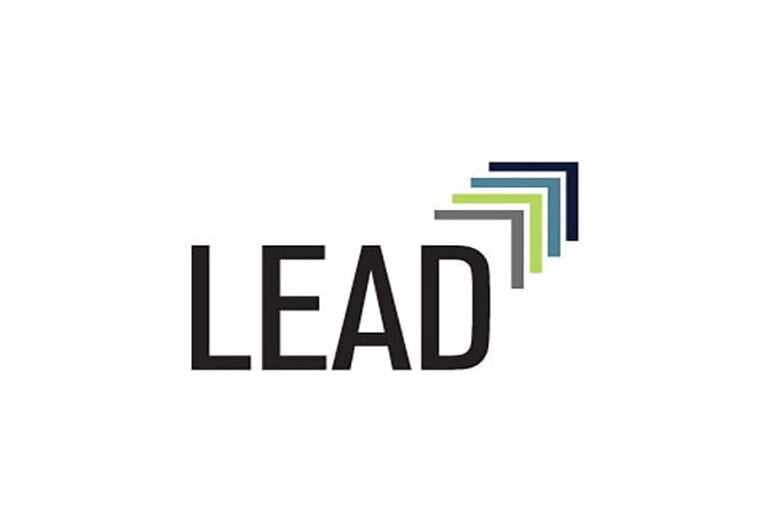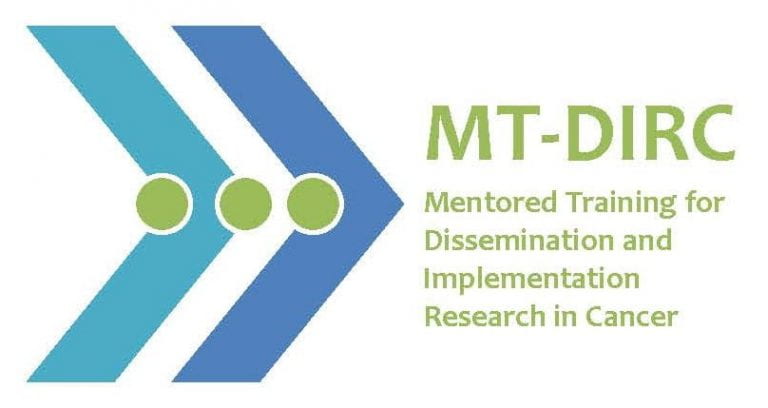Workforce Development

AIM-Local Health
The purpose is to increase the use of proven strategies among local health departments (LHDs) to improve community health and reduce the burden of chronic diseases.

Evidence-based Public Health
The Prevention Research Center at Washington in St. Louis (PRC at WashU) is committed to passing on valuable tools and information about evidence based public health (EBPH) to public health practitioners across the United States and the world. The PRC at WashU offers training in EBPH which focuses on nine specific skills to improve public health practice. Through presentations, practice exercises, and case studies, training takes a "hands-on" approach and emphasizes information that is readily available to busy practitioners.

LEAD 2: Scaling-Up Capacity for Evidence-Based Public Health: 2014-2017
The LEAD-Public Health Project (Local Evidence for Affecting Decisions about Public Health) and LEAD 2 Scale-Up Project (Scaling-Up Capacity for Evidence-Based Public Health) examine the use of, barriers to, and methods for enhancing Evidence Based Programs and Policies (EBPP) in local health departments.

MT-DIRC: 2013-2018
Mentored Training for Dissemination and Implementation Research in Cancer (MT-DIRC) is a training program for cancer control researchers who are seeking to gain better training in the field of dissemination and implementations science research.

STRIDE: 2012-2018
The purpose of Project STRIDE (STRategies In Disseminating Evidence for Chronic Disease Prevention) is to learn how best to support state health departments in building capacity for and use of evidence-based decision making in population-based prevention of cancer and other chronic diseases.

Training Practitioners to Control Obesity and Cancer: 2006-2013
Chronic diseases such as cancer are leading causes of death and disability in the United States. Control of cancer and its risk factors, including obesity, plays an increasingly prominent role in day-to-day public health practice. There is a growing need for practitioners who have adequate knowledge and skills for evidence-based cancer control. We undertook this project in order to bridge the widening gap between the skills needed to control cancer and obesity, and the actual skill level of the public health workforce.